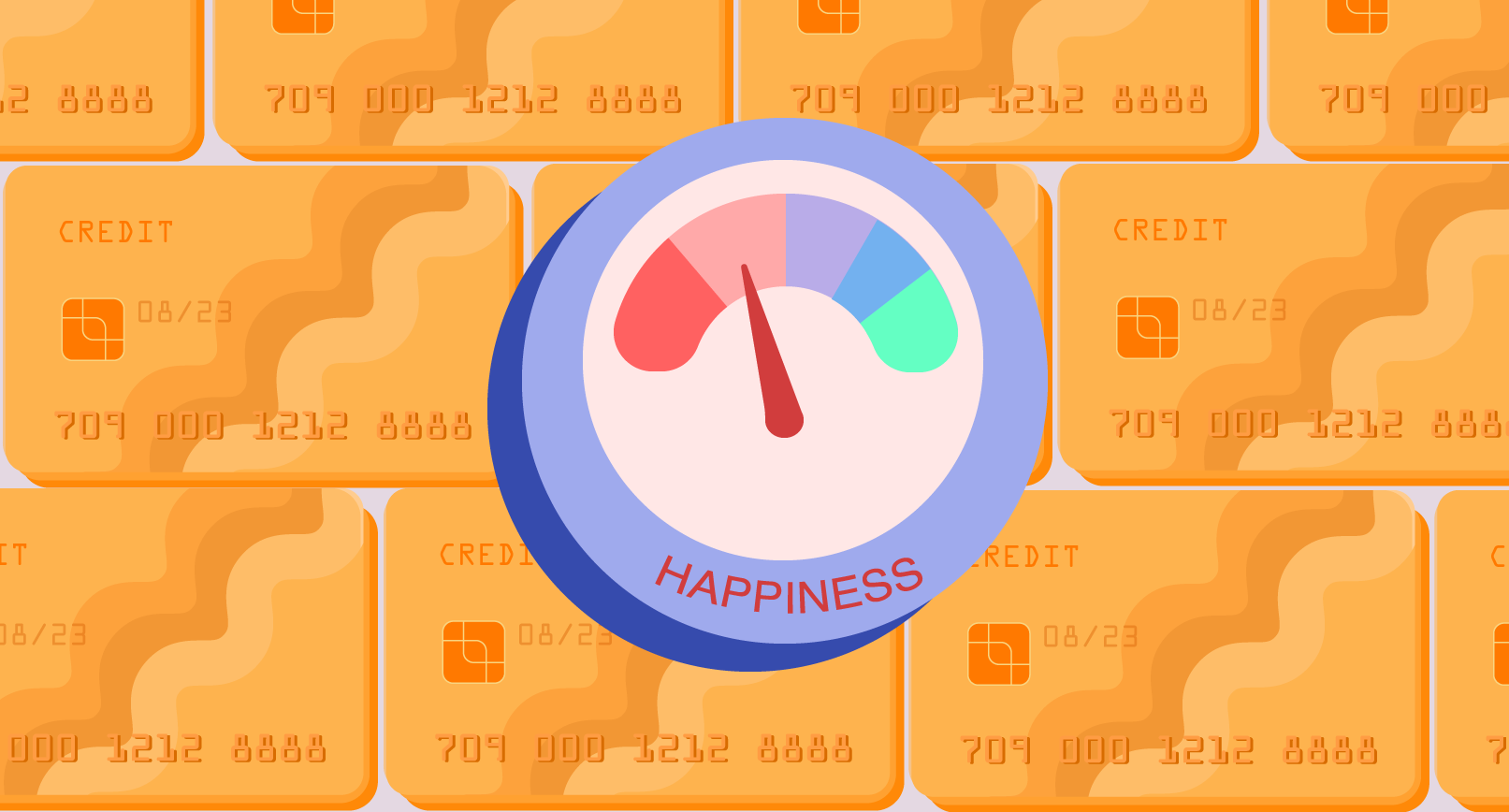With the holidays right around the corner, it is hard not to notice the insane amount of people flooding the main shopping boulevards.
Our compulsive shopping habits spike through the roof, hurting our wallets and wasting our time. We all feel pressured to have a gift for everyone, as if it is a sign that you care. But more often than not, we buy useless gifts just for the sake of giving a loved one something to unwrap and enjoy for two minutes on Christmas. Is this compulsiveness a sign of the decadence of today’s world? If we know this special holiday is about spending quality time with those we love, why do we keep making it about material objects?
Every time I sit at a cafe and people-watch, I realize how captivating vitrines really are and how successful marketing strategies are in fueling our consumerist behaviour. We are all victims of it, you know the drill: you pass by a shop, you stare at what they have and in less than 2 minutes you find yourself inside. Maybe you’ll buy something, maybe you won’t, but once you have been lured in, there’s no way back — you immediately start looking for something to satisfy an often unnecessary desire.
Thus, it comes as no surprise that fashion is one of the most profitable industries. According to Statista, the fashion sector in Canada alone made US $6.81 million in 2019 and has an annual growth expectancy rate of 8.3 per cent, so by 2023 the market volume will be approximately US $9.37 million.
Going shopping at this time of the year is not just expensive, it is absolute madness. In less than a few moments in a department store, you could find yourself fighting over an ugly pair of boots with a crazy lady that’s determined to get her hands on them. The funniest part is you don’t even need that extra pair of boots. Our consumerism really brings the worst out of us, and we are not doing anyone a favour; we are just contributing to the toxic industry that deteriorates our environment at the cost of fulfilling our material desires. The high levels of dopamine our brain releases when we shop only keep us high for a second. As reported by Elle, studies have shown that those who are more prone to develop shopping addiction (yes, that is an actual thing) are also more vulnerable to develop depression or anxiety.
Maybe this Christmas we should try to keep our compulsiveness at bay and get what we actually need. Before going shopping, make a list of what is absolutely necessary, stick to your budget, and restrain from overtreating yourself or your loved ones. Our material desires often keep us from appreciating those around us and what we already have in front of us, so why not try something different for a change? After all, we should be focusing on spending quality time and being cozy, rather than wasting our best energies out in the cold, consuming in ridiculous amounts. And hey, if you’re good at arts and crafts maybe you can save a few bucks this Christmas by showing off your skills. It is sustainable and memorable!
Graphic by @sundaeghost




